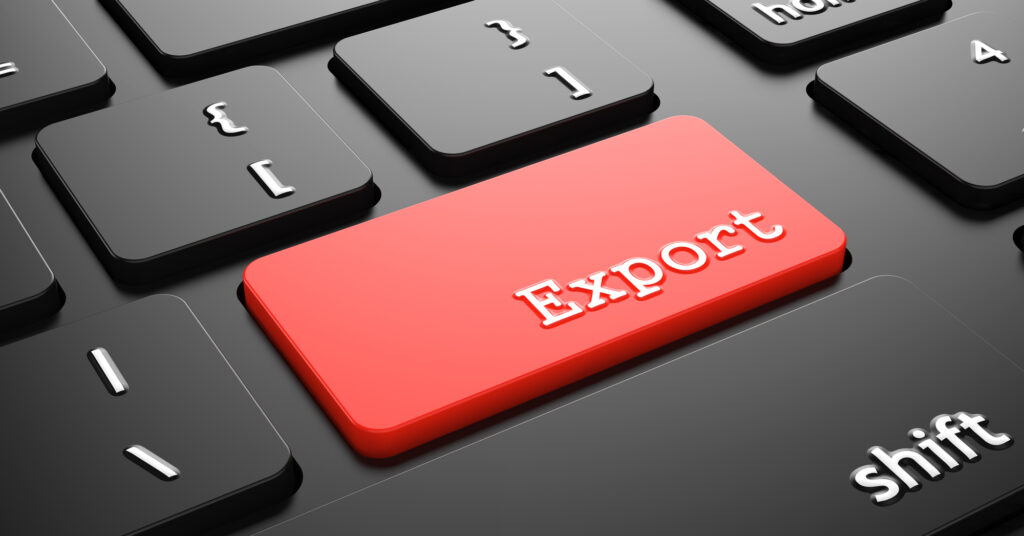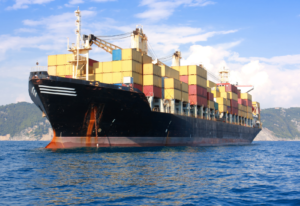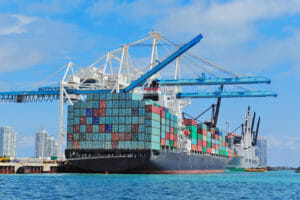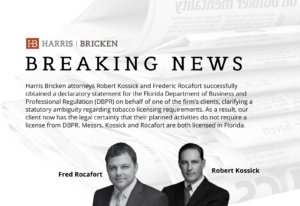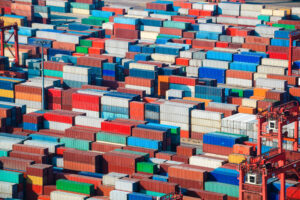Though exporting products, services and technologies from the United States is relatively easy, especially as compared with many other countries, our clients are always peppering our international trade lawyers with export questions. In this post, I attempt to answer the seminal question related to exporting from the United States: What are the basics to ensure compliance with U.S. export laws and licensing requirements?
The United States Bureau of Industry and Security (BIS) maintains a Commerce Control List (CCL) for products, services, and technologies that fall within the scope of U.S. Export Administration Regulations (EAR). Many US commercial exports do not require a license. To determine compliance and if a license is required to export an item from the United States, the transaction should be analyzed as follows:
- What is the Export Control Classification Number (ECCN) of the item?
- Where it is going?
- Who is the end-user?
- What is the end-use?
What is the ECCN of the item?
The first step is determining the correct classification of the item you wish to export from the United States. The CCL is available online as a 78-page PDF if you want to search it to see if your product has an ECCN. Alternatively, the manufacturer, producer, or developer of the item may have already classified the item and you can get the ECCN from them. However, as ECCNs can and do change over time, you should conduct your own review to make sure you agree with the classification of the item. Additionally, you can request a classification from the BIS.
If you review the CCL and believe your item does not fall within the definition of any ECCN listed, it is likely your item is designated as an EAR99 item. EAR99 items can be exported without a license unless the export involves prohibited or restricted activities, end-users, end uses, or destinations.
The BIS will amend the EAR from time to time, which will affect items being listed on or removed from the CCL. For example, on May 12, 2016, the BIS amended the EAR to remove license requirements that previously applied to exports of crude oil from the United States. The BIS then removed the CCL entry and provisions in the EAR that required a license from BIS to export crude oil from the United States. Since crude oil exports are no longer listed on the CCL, they are considered EAR99 items, and therefore no license is required to export crude oil.
United States Export Compliance: Where it is going?
Per the BIS:
The Bureau of Industry and Security (BIS) implements U.S. Government certain sanctions against Cuba, Iran, North Korea, and Syria pursuant to the Export Administration Regulations (EAR), either unilaterally or to implement United Nations Security Council Resolutions.
Due to the occupation of Crimea, the BIS implemented restrictions on the Russian military and energy sectors. With Russia’s current actions against Ukraine, these restrictions are likely to widen significantly. As CNN recently opined:
Export control measures are another powerful weapon in the US arsenal.
United States Export Compliance: Who is the end-user?
As we wrote The Huawei Sales Ban:
If your customer is placed on the Entity List it can no longer purchase any U.S.-made product listed on the Department of Commerce Commodities Control List (CCL). The CCL covers far more than semiconductor chips. It covers a huge list of equipment, materials, software and “technology” and essentially includes virtually any technical product or service you would want to sell to Huawei or any of its 68 subsidiaries. The CCL covers the following ten product categories:
0 Nuclear & Miscellaneous
1 Materials, Chemicals, Microorganisms and Toxins
2 Materials Processing
3 Electronics
4 Computers
5 Telecommunications and Information Security
6 Sensors and Lasers
7 Navigation and Avionics
8 Marine
9 Aerospace and Propulsion
The BIS recommends U.S. exporters always screen their customers against the U.S. Government’s consolidated export screening list. The BIS has an interactive tool for searching this list, based on entity name and address.
United States Export Compliance: What is the end-use?
End-use checks are important for exporters to be sure they are complying with BIS requirements. The purpose of an end-use check is to allow BIS Export Control Officers to verify that the end-use stated on the exporter’s export license application is in fact how the item is being used. The Export Control Reform Act of 2018 (ECRA) directs the President of the United States to control exports in connection with nuclear, chemical, and biological weapons, whole plants for chemical weapons precursors, missiles, foreign maritime nuclear projects, and foreign military intelligence services. A license is required when the exporter knows that the item it will be exporting from the United States is intended entirely or in part for a military-intelligence end use or a military-intelligence end-user in China, Cuba, Iran, North Korea, Russia, Syria, or Venezuela.










